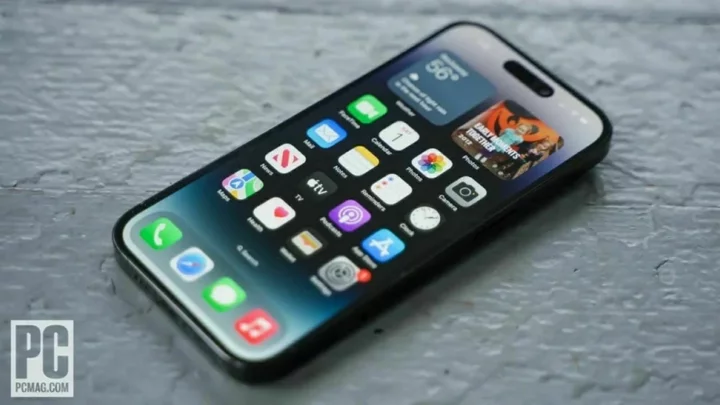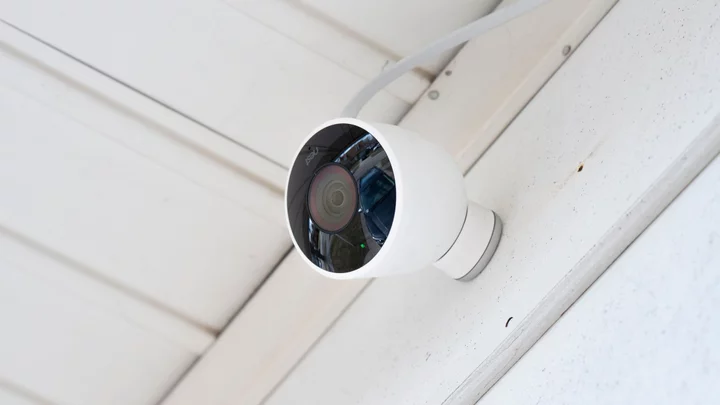The Chinese government is banning the use of iPhones at several ministries due to the risk they pose to national security.
As the South China Morning Post reports, according to five separate sources, any Chinese ministry focused on investment, trade, or international affairs has been told by the government that iPhones are no longer acceptable at work. All employees at these ministries who currently use an iPhone have been given until the end of September to switch to another smartphone brand.
Although the demand has not been revealed or explained publicly by the Chinese government, it's thought to be "aimed at eliminating perceived national security risks" caused by Apple's smartphones.
China isn't exactly happy with the US government right now due to the sanctions imposed over advanced chip technology, and this move could be viewed as part of a an ongoing reaction to that. So far, Micron has been the main target for retaliation. The US government already imposes its own restrictions on Chinese hardware and services. Notable, Huawei equipment is banned and TikTok can't be installed on government devices.
Employees in the affected Chinese ministries will now be scrambling to backup their iPhones, but also must find time to buy a new smartphone and then go through the process of switching from iOS to an Android experience.
If this all sounds familiar, it's probably because the Russian government told its employees to throw away their iPhones earlier this year. The reason given was the claim that iPhones pose a security risk and are more susceptible to being hacked.
This move by China comes ahead of the launch of the iPhone 15 and after Apple last year decided using cheap Chinese memory in its smartphones was simply too risky to consider. Meanwhile, Apple surprised everyone las month by deciding to support California's Right to Repair Act.









